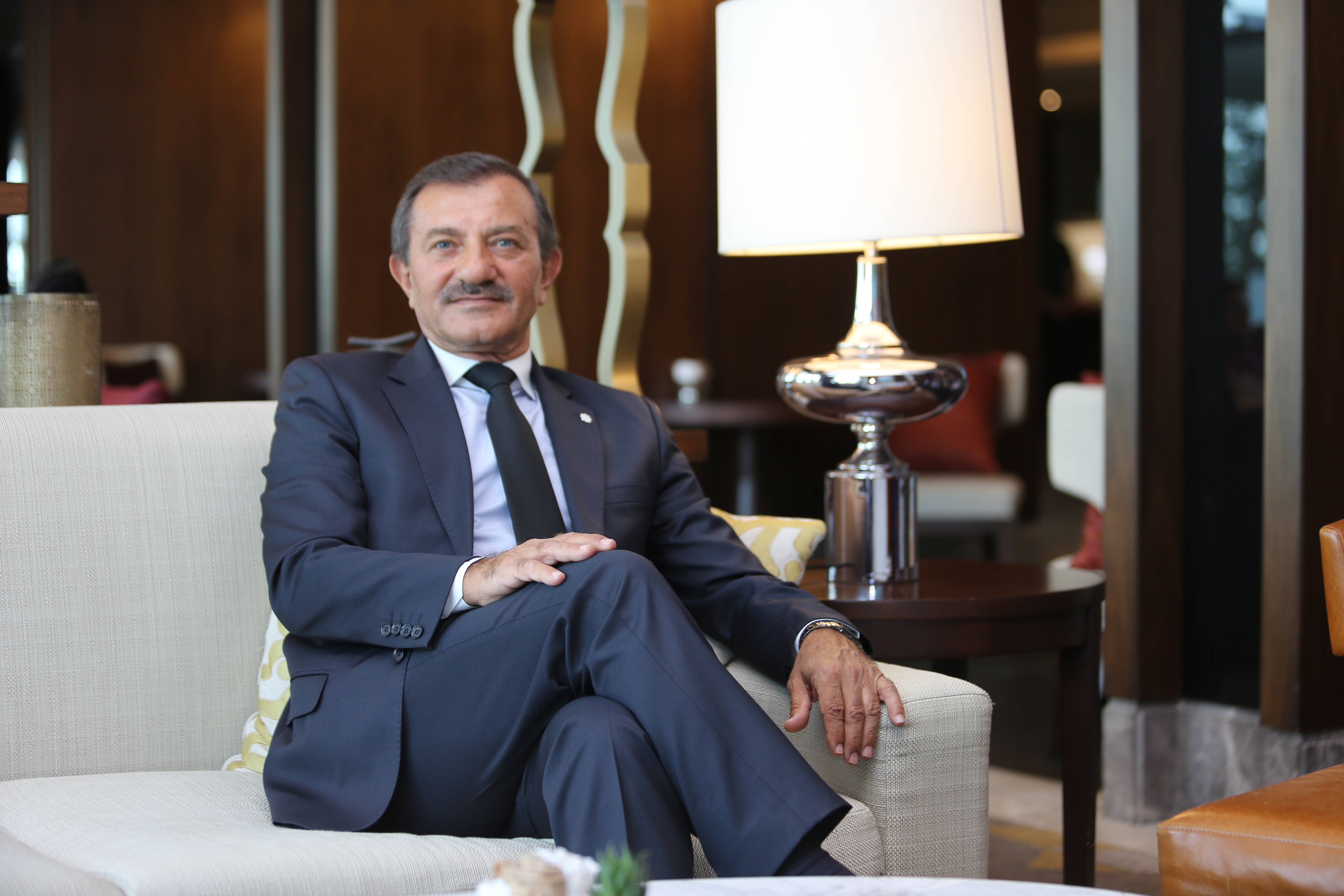
PLASFED President Ömer Karadeniz stated that the crises in the Strait of Hormuz have disrupted industrial production and supply chains, particularly in the plastic sector. Emphasizing that Turkey's alternative logistics routes, such as the Middle Corridor, provide a strategic guarantee, Karadeniz said, “Every increase in oil prices raises all costs from raw materials to logistics; production slows down and investments are postponed.”
The Chairman of the Plastic Industrialists Federation (PLASFED), Ömer Karadeniz, indicated that the escalating geopolitical tensions in the Strait of Hormuz pose serious risks to global energy and logistics security. Highlighting the likelihood of oil prices rising above 100 dollars again, Karadeniz noted, “Every increase in oil raises all costs from raw materials to logistics. Production slows down, and investments are postponed. This situation pressures manufacturers and increases consumer prices.”
Karadeniz expressed that Iran's actions towards closing the Strait of Hormuz not only impact energy prices but also directly affect the supply of oil derivatives like naphtha, which is one of the fundamental inputs for the plastic sector. “Turkey has a largely import-dependent structure in the plastic sector. The rise in oil prices sharply increases energy and raw material costs, as well as logistics costs. Therefore, having alternative logistics corridors is no longer a luxury but a necessity,” he stated.
The Middle Corridor: A Strategic Advantage for Turkey
In the recent uncertainty regarding the Strait of Hormuz transit, Karadeniz emphasized the importance of Turkey having alternative trade and logistics routes, stating, “Turkey’s role as a logistical bridge between Europe and Asia, especially through the Middle Corridor, is not only an economic advantage but also a strategic one. We must leverage this advantage effectively.”
Referring to the vision of the Middle Corridor put forth by Minister of Transport and Infrastructure Abdulkadir Uraloğlu, Karadeniz remarked, “We are in a period where geopolitical risks are increasing. Logistics security and supply diversification are more critical than ever for the sustainability of production and exports.”
Investments are Being Postponed, Production Risks are Increasing
Karadeniz noted that increasing uncertainties regarding energy supply security and raw material procurement are hindering industrial investments, stating that investments requiring long-term planning are being delayed. Emphasizing that both public and private sectors must take proactive steps to protect production capacity in an environment where financing options are narrowing and risk premiums are rising, he pointed out the need to accelerate the transition to a circular economy. He stressed that structural reforms to reduce external dependency must be implemented, stating that reshaping industrial policies has become an urgent necessity.
Logistics Costs and Consumer Prices Are Rising
Karadeniz pointed out that the increase in oil prices directly affects consumers as well as producers, saying, “The cost increases that will be experienced in various areas, from logistics to packaging and energy to distribution, will elevate the market access prices of products. This will lead to a contraction in domestic demand and a decrease in our competitive power in export markets.”
Karadeniz emphasized the vital importance of supporting domestic production and shifting towards alternative raw material sources for a sustainable plastic industry.
Translated by Artificial Intelligence
